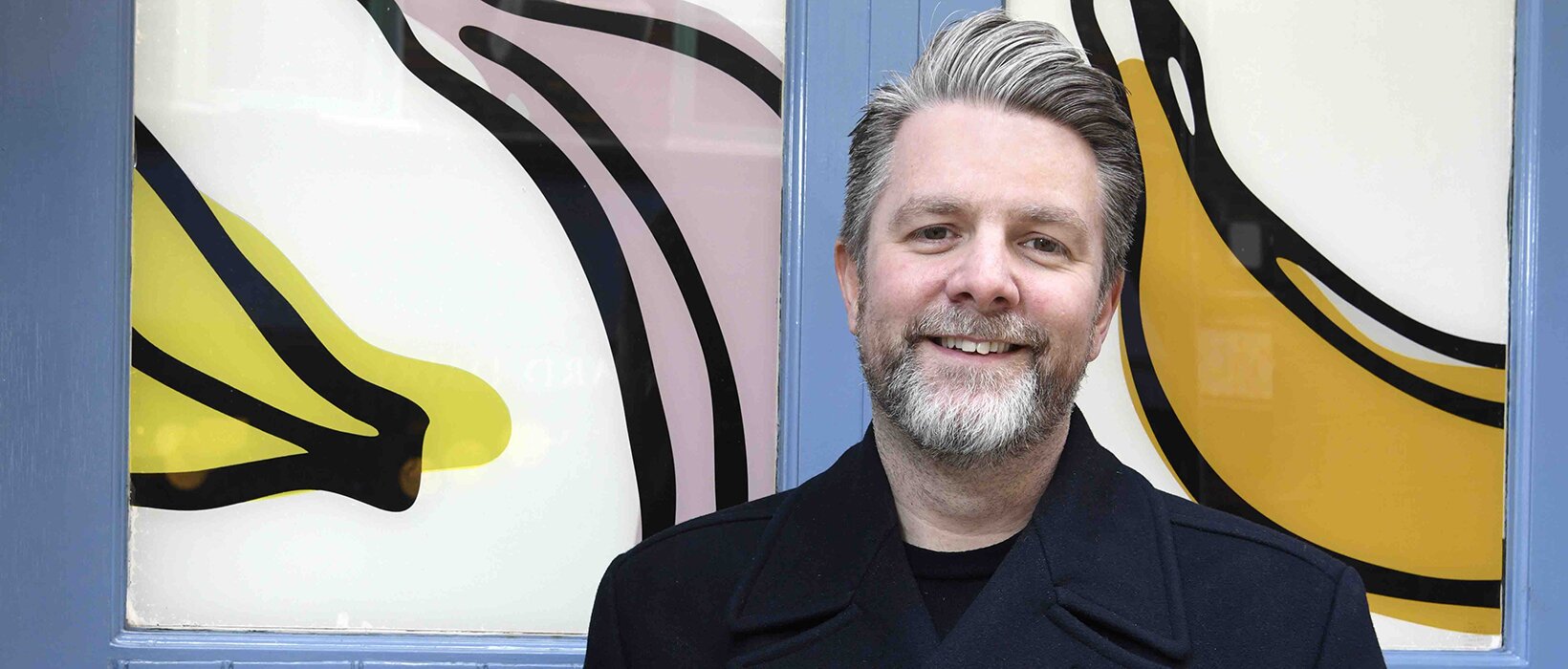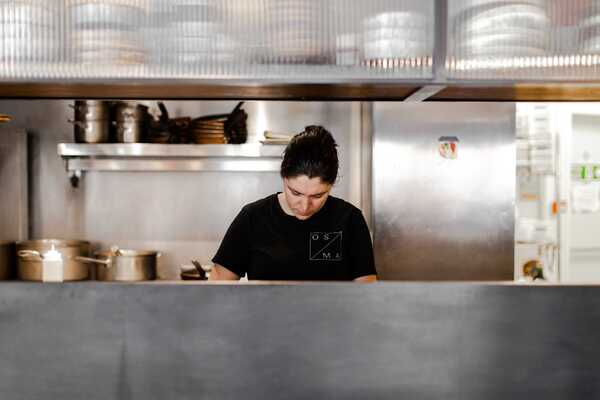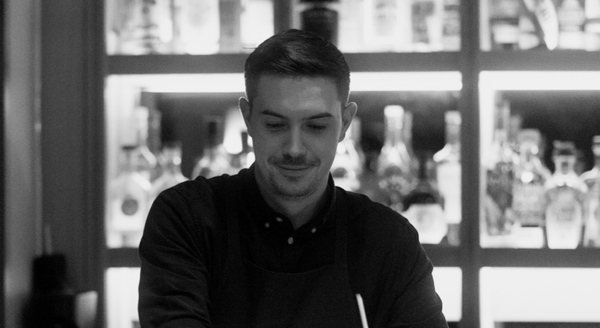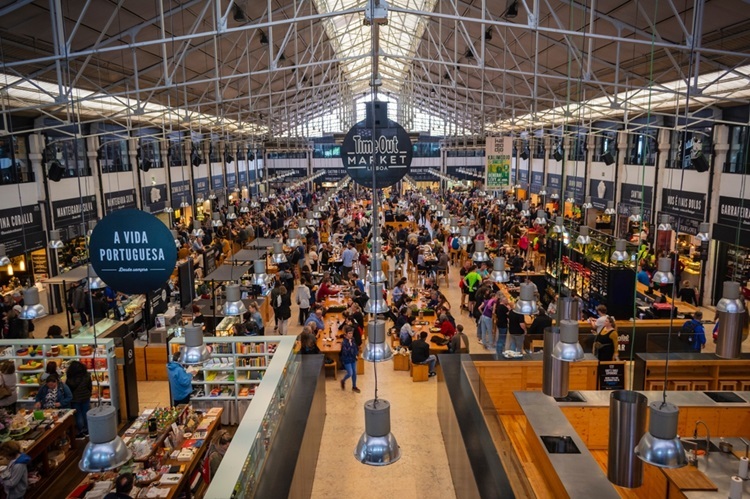Minute on the clock: Simon Mitchell, Kerb
The chief executive of Kerb talks to Katherine Price about the government support operators need during the coronavirus crisis, why street food could bounce back quickly and how the UK street food landscape could change.
How hard has the coronavirus outbreak and lockdown hit your business and traders?
It has hit us very hard. We are unable to provide any trading opportunities for our members at present. All of our lunch markets, catering opportunities and outdoor events have been cancelled and Seven Dials Market is closed.
The furlough scheme has been fantastic and enabled us to keep our team, but we are going to need this to be extended until we are fully operational.
Further action is required; we are supporting Hospitality Union’s campaign #NationalTimeOut for a nine-month rent-free period and the removal of the cap on business rates grants.
What do street food operators need from the government to ensure businesses survive and can reopen?
Many of our members fall through the cracks. As owner-operators they may not be on a PAYE scheme so cannot be furloughed; they may not have fixed premises, so cannot get a grant; they will not qualify for the government-backed loans (who does?), so in some instances they will be completely wiped out and have no income. Something needs to be done to support businesses like these – a grant for small businesses and something similar to the furlough scheme for the self-employed would help.
Does street food have the potential to bounce back quickly?
Absolutely. We want to have our lunch markets up and running as soon as there are sufficient numbers of office workers at our locations. We think we could do this at 48 hours’ notice and we have a plan in place to adhere to social distancing measures. We are actively looking for additional sites where we could pop up and service office workers while mainstream restaurants get back on their feet.
Tell us about your Keep the Wheels Turning initiative – is it enough to keep traders afloat?
On its own, no, but it is a start. We launched Keep the Wheels Turning within 72 hours of the lockdown beginning. It is a place where our customers can buy vouchers to support our traders financially and a community portal for all street food traders to discuss how we navigate our way through this crisis. Kerb has always been a community and we wanted to extend that to customers and non-members during this time.
Would you reopen as soon as restrictions are lifted?
Kerb lunch markets are very agile and functional. We hope to get these operational and compliant with social distancing as soon as people are back in their offices.
For Seven Dials Market, the thought of opening with everyone wearing masks and keeping two metres apart is not something I can see us doing. We will have to wait for some semblance of normality for it to open again.
We are keen to provide opportunities to those traders that want and need them ASAP. We will look at the layout of our markets, how people queue, and it is highly likely that all traders will wear gloves and masks initially. The markets are outside, which helps, and we have always held our traders to the highest health and safety standards in the industry.
What is your outlook for 2020 and what do you think the UK street food landscape will look like once the lockdown has been lifted?
I think we can forget about most of 2020. Regarding the future landscape, some traders will have discovered brilliant sidelines, home delivery, DIY meal kits, etc, that they can continue with post-Covid.
Others may feel that now is the time for some security and will be more inclined to take on fixed sites like Seven Dials Market and other food halls. Unfortunately, some street food traders will not be able to survive an extended shutdown period.
I think we will see an increase in new businesses applying to Kerb. Street food is a low barrier-to-entry business – most recently a lot of people have seen street food as a fast track to a restaurant empire. In the future, we may see people looking at street food more as a livelihood, like we did following the last recession.

















